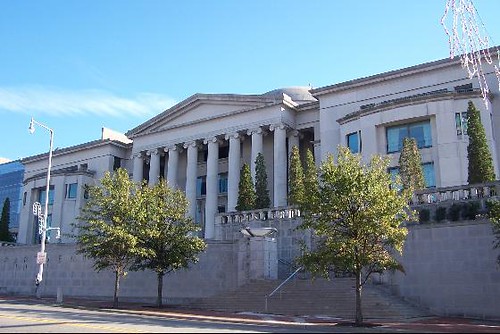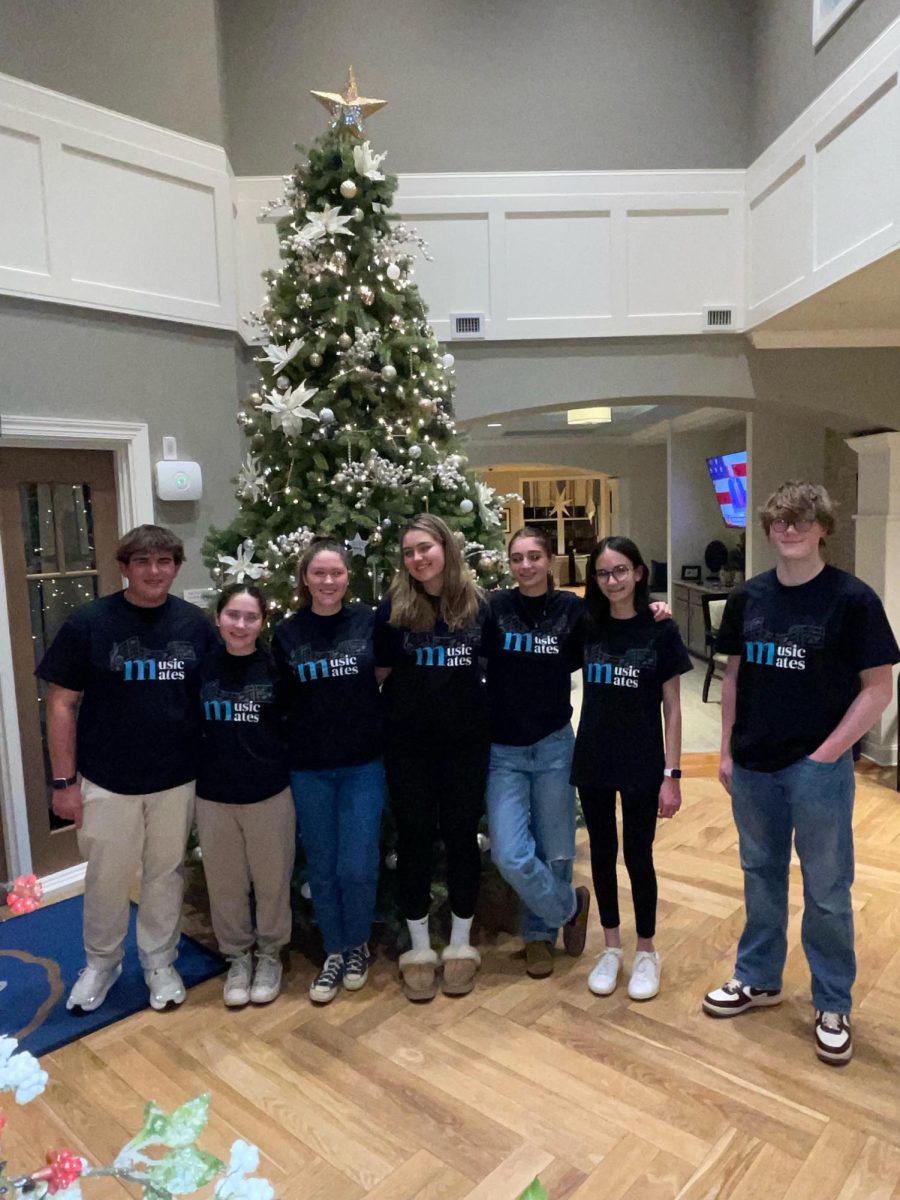
Three Alabama families sued a mobile in-vitro fertilization (IVF) hospital for wrongful death of a minor after they accidentally dropped their frozen embryos. The embryos were dropped in December of 2020 and in lower courts it was decided that the embryos did not classify as people yet. However, with the overturning of Roe vs. Wade and the return of abortion decisions to state governments, the Alabaman families could make the argument that, under Alabama law, the embryos were, in fact, living. The Alabama Supreme Court agreed with this and recently released the ruling that despite not being in utero these embryos were living, sparking debate across the nation.
IVF is a medical procedure that started in the 1970’s and has been used for many families struggling to conceive. In this procedure eggs and sperm are taken out of the mother and father and fertilized in a lab. Once the eggs are fertilized they are referred to as embryos and will go to be placed back into the uterus. Doctors refer to the embryos in the uterus as in utero. This procedure is not only helpful for families struggling to conceive but can also help prevent genetic issues from being passed to the child. Some issues that may lead a family to try IVF are fallopian tube damage or blockage, ovulation disorders, endometriosis, uterine fibroids, and issues with sperm. If a family wishes to protect future children from genetic diseases they may be recommended to IVF because doctors can do genetic testing to make sure the eggs or sperm do not carry any types of disease. Lastly, many cancer patients choose to freeze their eggs or sperm for remission because cancer treatments can negatively affect fertility.
Roe v. Wade had said that the right to privacy allows for the right to an abortion. With this ruling being nullified in June of 2022 it has changed women’s health laws across the country. Many Southern states have decided on an almost absolute abortion ban. Specifically in Alabama there is the Human Life Protection Act, which states that any doctor who performs a banned abortion is guilty of a Class A felony. The only allowed abortion in Alabama is if the mother is likely to die or suffer substantially from the pregnancy. Before the overturning of Roe v. Wade an abortion was legal up to the 20th week of pregnancy. Now, it is not allowed at any stage. This difference is what left room for people to interpret what an embryo was considered under this law. Is this embryo a child yet, and does it matter if it is in utero? This question is what led to the Supreme Court case in Alabama.
Three Alabama couples were attempting IVF when their embryos were lost in an accident in a Southern Alabama storage facility. They brought this to court saying that this is classified as wrongful death of a minor, which brought up the question of whether an embryo could be considered a child. A lower court in Alabama dismissed the case, but eventually it was brought up to the Alabama Supreme Court. There was an 8-4 decision made concluding that these embryos are considered children and the families had a right to sue for wrongful death of a minor. This decision comes after the state decided that causing the loss of a fetus while a woman is pregnant is wrongful death of a minor. Many anti-abortion groups have already stated that they believed an embryo and fetus should be considered children. While right now this decision has only decided that embryos and fetuses are children under the wrongful death of a minor law, this case may lead to considering them to have other constitutional rights.
This case has halted IVF all over the state of Alabama. Many clinics are worried that an accident might happen at their clinic and they will be sued for millions of dollars. These clinics are thinking about adjusting consent forms and possibly storing embryos outside of Alabama. The use of clinics in another state would be extremely expensive making it even harder for families in Alabama to afford IVF. If surrounding states take this decision and institute it in their own state constitutions it is going to be harder for families to use IVF all over the country. While some Alabama lawmakers are trying to protect IVF, the language used in the Alabama Constitution is what initially caused this debate. If IVF is shut down in Alabama, there will be thousands of unused embryos to consider. Right now in the US, there are close to one million unused frozen embryos. If getting rid of them is a wrongful death, clinics will have to store them indefinitely.
It is unknown right now how the rest of the country will respond to this decision but it can be predicted that any other state with legislation preventing abortions will likely have wording that can be interpreted just like this case.












